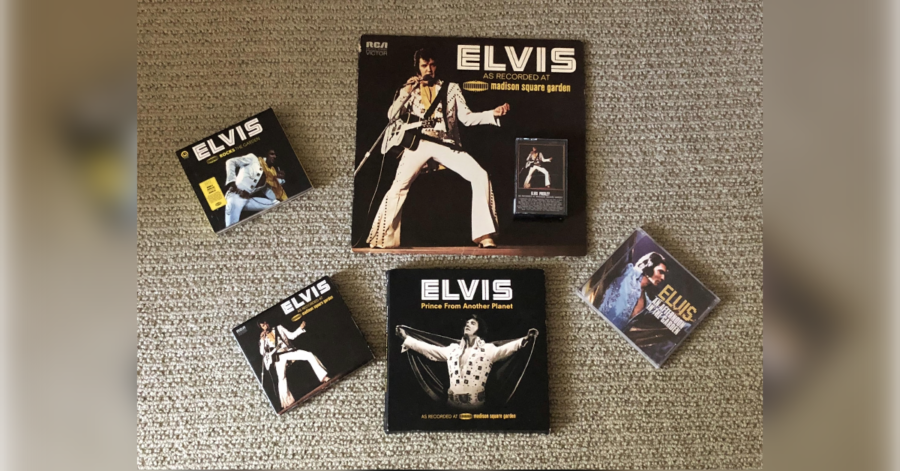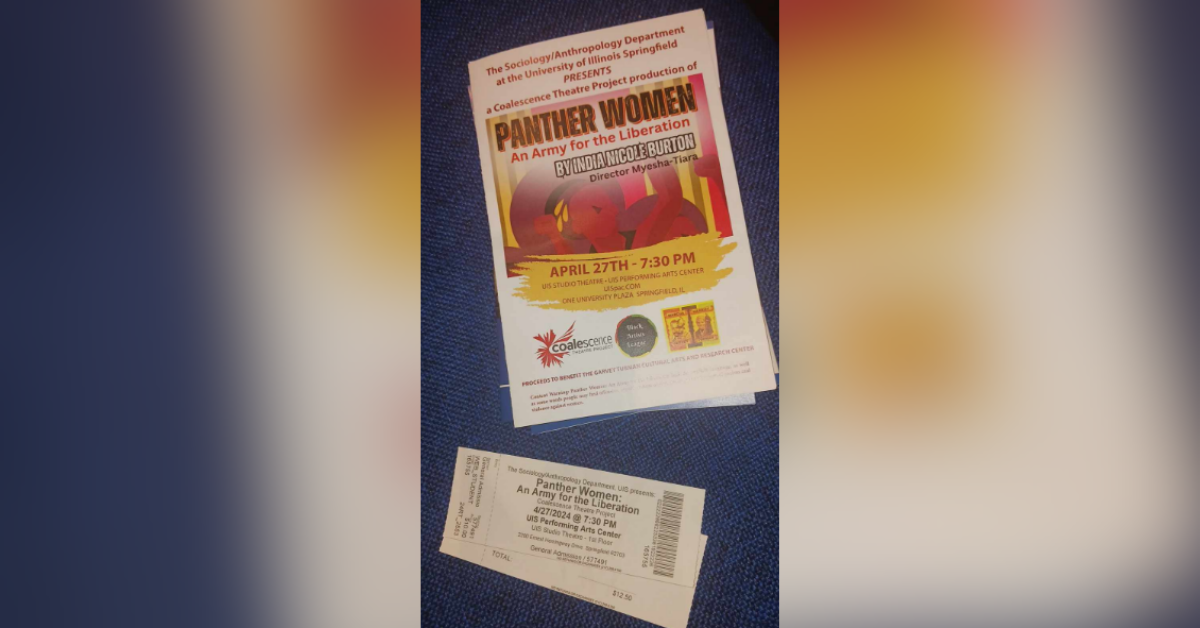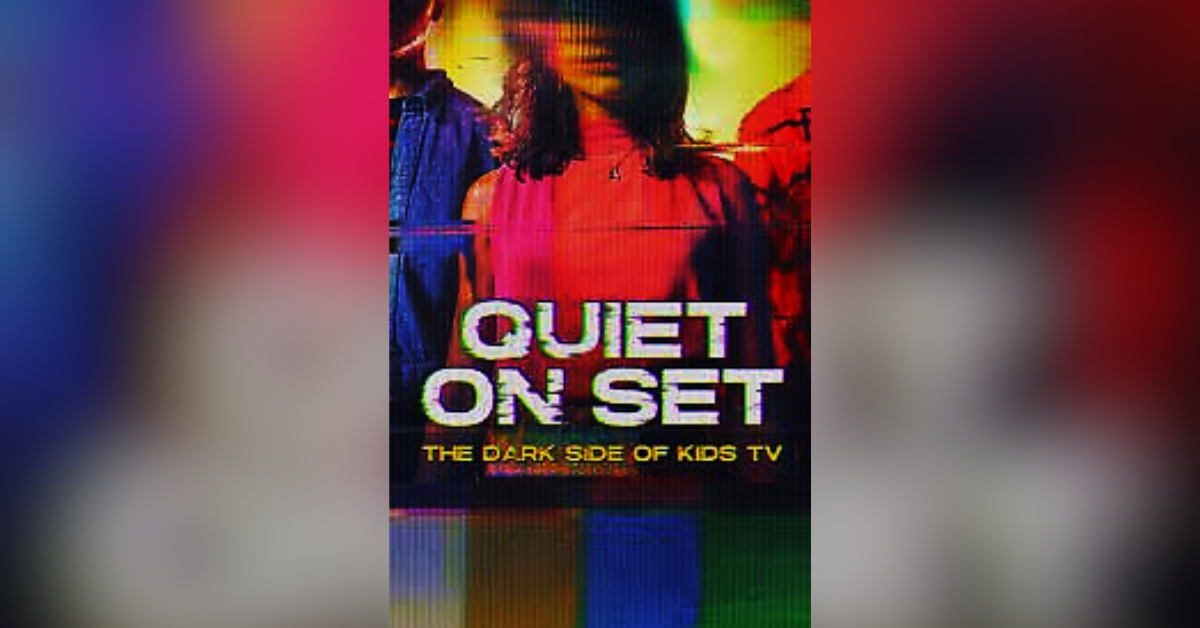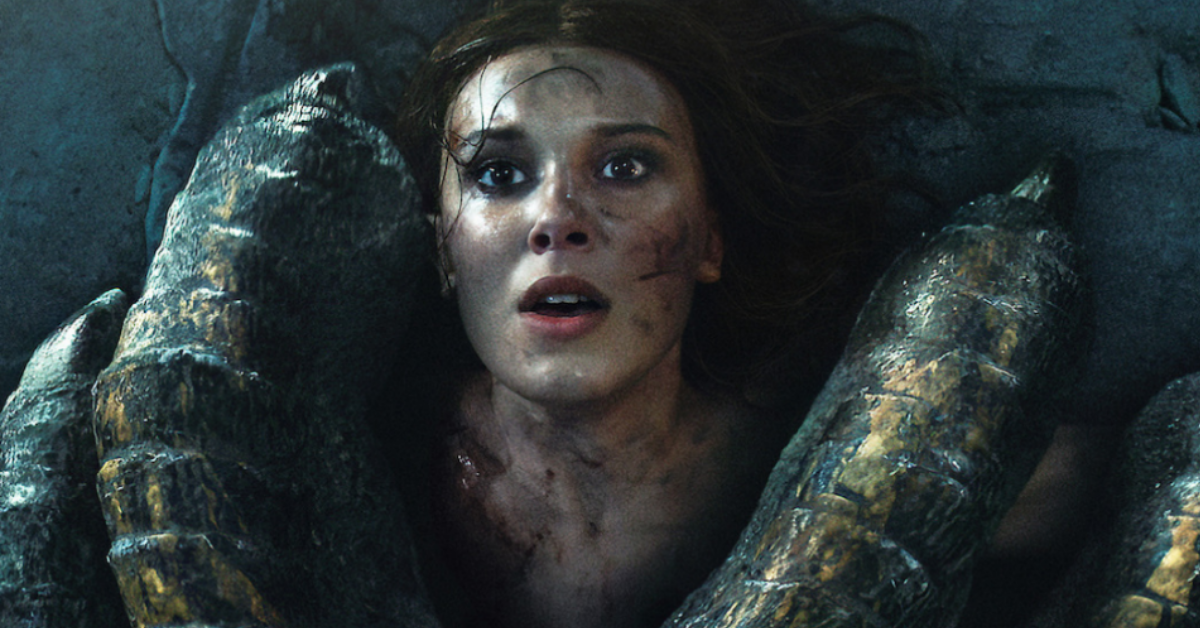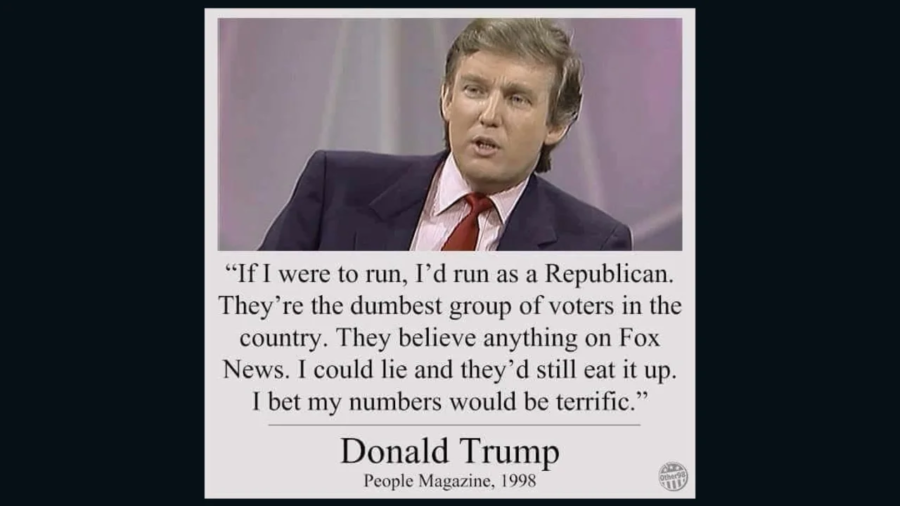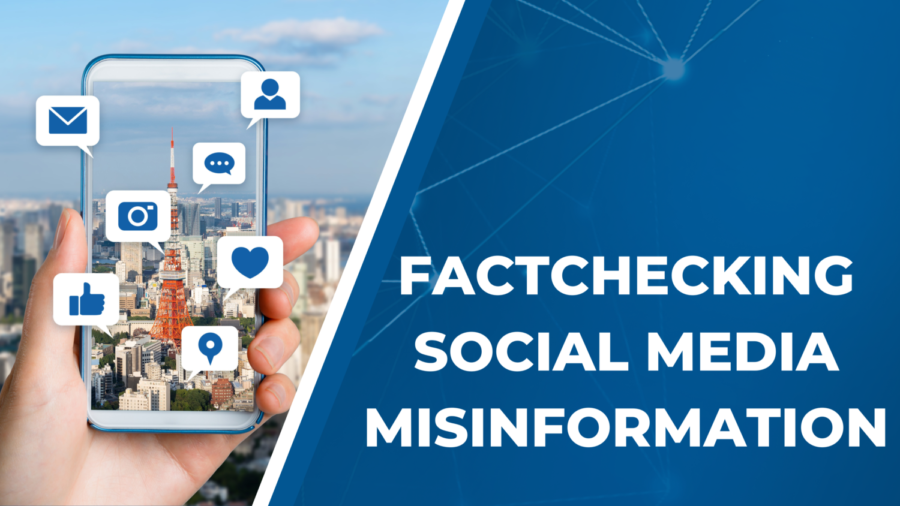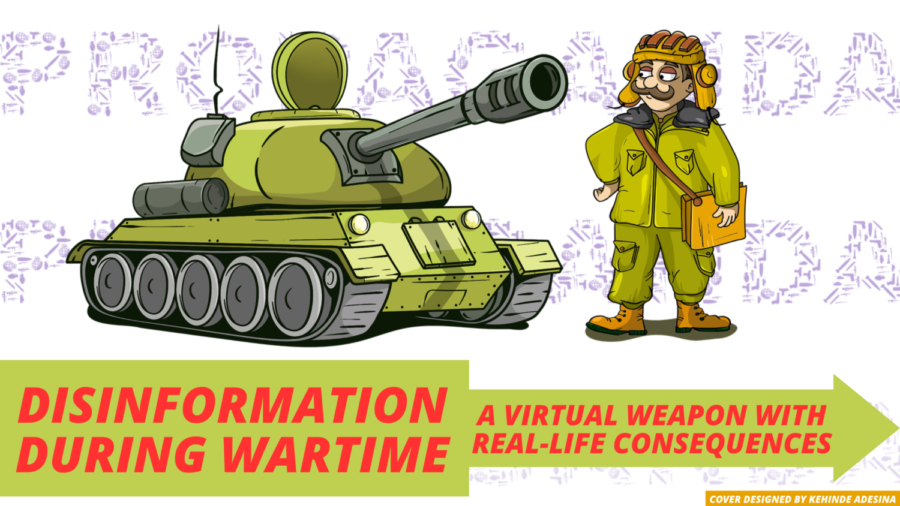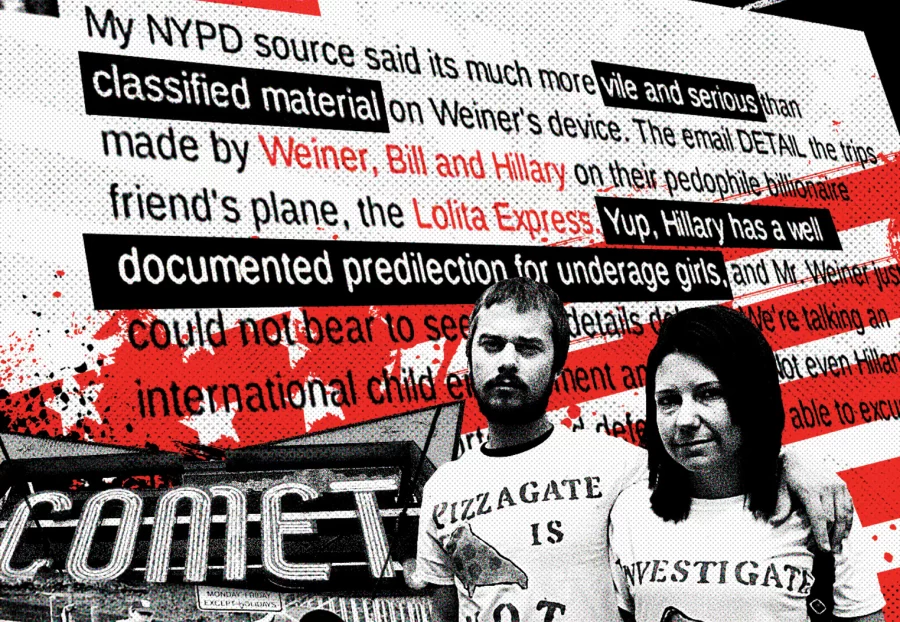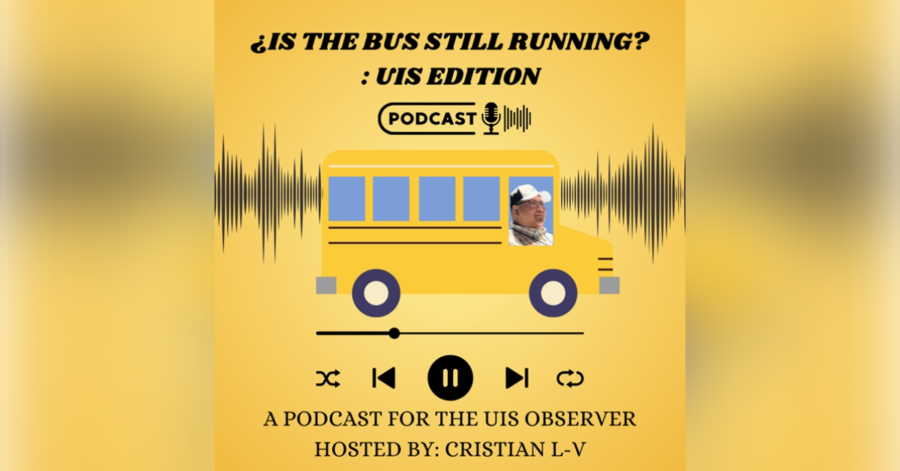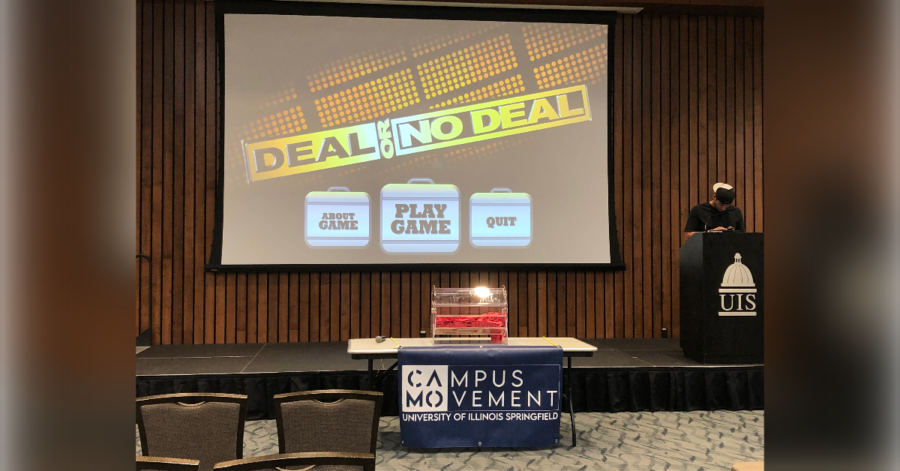Do you ever take a second to watch an insane bidding war on eBay? The numbers rising and rising on items that you might find decrepit and useless. Well, not to them. There are three camps that float between those numbers: those who seek monetary gain, those looking to complete a collection, and those who see a part of themselves within the item. A nostalgic callback to a different era, one that can only be obtained through these kinds of means. People might think today, that because the Internet exists, everything can be found and never lost. Well, not everything.
Take for instance a vinyl record. You might know them today as those big black discs that DJs use to make the wicky-wicky scrubbing noises. If not, that’s okay – technology isn’t viable for stagnation. Once a brand new toy comes along – say the next iPhone- then most of the herd will flock towards that. An embedded tendency brought upon by continuous advertisements to be accepted. However, once that flip happens, then there would be no need to continue making these “obsolete” items, even though there are people out there who still find them interesting and fun to have. Plus, some might not even have the financial capability to move on from what they own. It creates a meaning of connection and value to one’s self that can’t be replaced by a downloadable album that can’t physically be held. You might think you do, but it’s only encoded on a hard drive.
Today, things like vinyl are only released as novelties, typically for acts that were prominent during those years, like David Bowie with Blackstar and Led Zeppelin with Celebration Day. There could also be reprints of original vinyls that lack the value and meaning of earlier pressings, making them sterile and pointless in all but sound. Ironically it would be cheaper just to find an original copy on eBay. Even then, they’ll be limited and again will go to either high bids or be overpriced on Amazon. Then they’ll argue that at least they are still around and in even better condition than before. Well, what if they aren’t?
Look at the microcosm of the Elvis collector’s label, Follow That Dream (FTD). They re-release Elvis albums with unreleased outtakes, or concerts that were previously unavailable to the general public. However, this is all with the expressed intent that they are in limited quantity and will not be made again, without any possibility of them being on a streaming service. Those who want all of the releases will typically buy at release, but what about those who can’t afford them? You’d be out of luck unless you want to play eBay’s game of finding a legit, highly-priced pressing or poorly-made yet still expensive copy. Most end up finding their way to less-than-secure sites to download a copy, breaking the meaning of collecting, and having a fight with the government. What’s more ironic: losing more money or playing cat and mouse?
How about an even harsher example? Let’s switch from music to gaming with the physical/digital Wars that are being created by companies like Microsoft and Sony.
First, you have companies squeezing people’s wallets to get every little bit of content that has been separated from the main game and plastered on a digital store, urging you to buy it. From there, they would make different tiers, ones with certain items and ones with others, but none that have all of them together in one package. To make matters worse, the tiers have moved into the digital realm, creating issues for those who want a physical copy and all of its content. It certainly didn’t help when COVID-19 hit that going digitally became more a convenient commodity.
Slowly, these companies are trying to shift the paradigm to a digital-only market. Microsoft and Sony have both put out digital-only consoles, and they are priced lower than their consoles with disc readers. Sure, you can download your favorite game at a moment’s notice, and have exclusive add-ons that are unavailable physically – but what happens when they shut down their servers or pull the game from their online stores? You will lose access to any games that you did not have currently downloaded. It is especially troubling if the game was never released physically. All those memories, all those hours of work, gone. Now history has a price tag attached. Everything is temporary and nothing lasts forever, which is true but lacks compassion for the foundation of what came before.
There will come a time when media will almost undoubtedly become nothing but a digital playground. That everything will be plucked with coded numbers, bending to its whim. Our outdated souls will be confined to dusty attics, and moldy basements, being funneled into a society that has us believe that it is better to lose that connection with ourselves. Yet, until that day comes when the lights shut out and the world grows still, there will always be a collector playing a tune from an old worn vinyl.



